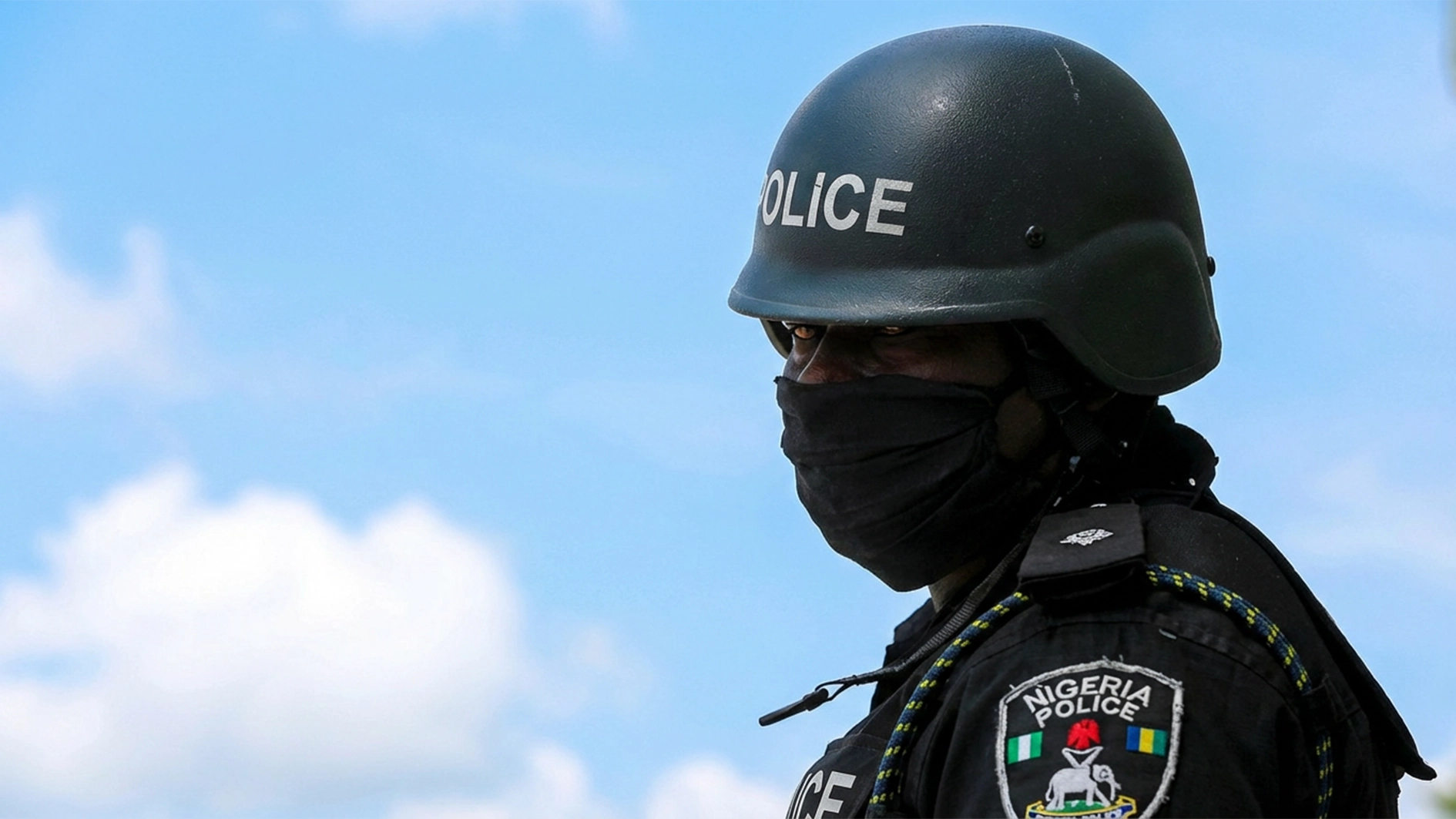The Niger Delta Progressive Alliance (NDPA) has called for a remodel of the surveillance strategy in the Niger Delta region. The group, at a media briefing, yesterday, emphasised that the security of oil infrastructure and the dignity of local communities are not separate obligations, but rather the same covenant.
According to the President-General of NDPA, Nse Udoh, the current approach to surveillance has been inadequate, often coming in the form of what he described as “external checkpoints with cameras, guards, and fences” that seldom engage the hearts and hopes of the people in the affected communities.
Udoh opined that surveillance should be recast as an instrument of sustained community empowerment, rather than a transactional arrangement that leaves local people peripheral to the assets on which their futures depend. He, however, proposed a different course, where engagements are not afterthoughts but the baseline.
The group, however, stressed the need for transparent and measurable individual empowerment. This, according to it, should include scholarship and skills development programmes, youths’ employment tied to surveillance and infrastructure protection, and other initiatives that prioritise local participation and capacity building.
In another development, no fewer than 4,000 people have benefited from a five-day free medical and surgical mission organised by the Ikwerre Ethnic Diaspora group, also known as the OgbakorIkwerre United States of America and Canada.
The medical mission, which began on Monday and ended at the weekend, provided a range of medical services, including general medical care, surgical procedures, eye care, women’s health, cardiology, and more.
President General of the group, Dr Patrick Ugo-Anyawoke, while speaking at the brief closing ceremony, described the mission as a labour of gratitude to the Ikwerre communities.
He noted that the OgbakorIkwerre USA and Canada had been organising medical missions in Rivers State for years, with previous missions held in Ikwerre and Emohua local councils.
He commended the commitment of the group’s members, stating that the medical intervention stems from the group’s passion for the health and well-being of the people.






